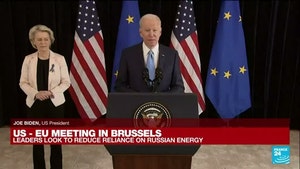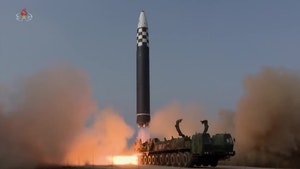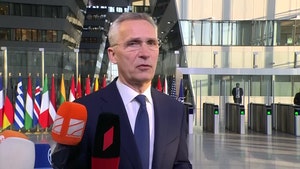Top News of the Day| The most shocking moment of the Oscars, 10 drugs found in Taylor Hawkins body…
The 2022 Oscar award ceremony may go down as the most memorable event.
Moments before Will Smith received an award for best actor, Chris Rock took the stage to announce the best documentary feature and joked about Jada Pinkett Smith starring in “G.I. Jane” because of her bald head. “Jada, I love you. G.I. Jane II, can’t wait to see it” he said. Jada Smith shaved her head after struggling with alopecia for many years.
Moments later, Will Smith confronted Rock and proceeded to punch him in the face. The altercation appeared as if it was staged at first. Then Will went back to his seat and yelled, “Keep my wife’s name out of your f**king mouth!”.
Devil Washington and Bradley Cooper were seen comforting Will in private.
On Friday afternoon Foo Fighter’s drummer, Taylor Hawkins, was found dead in his hotel room at the Casa Medina hotel, in Colombia.
Prosecution officials have not released an official report confirming the cause of death.
However, a toxicology report found 10 substances in his body including opioids, marijuana and anti-depressants. Columbian Attorney General’s Office confirmed that the drugs may not be related to Hawkins’s death and further investigations are underway.
“The National Institute of Forensic Medicine is continuing its medical studies to be able to completely clarify the facts that led to Taylor Hawkins death.”
According to local reporters, “an ambulance was sent to the hotel after a man reported having chest pains”.
The Foo Fighters were meant to perform at a music festival this past weekend. Hawkins leaves behind his wife and their three children.
Here are the top trending stories of the day.
Headline: Will Smith Smacks Chris Rock on Oscar Stage After Jada Pinkett Smith Joke –Variety
Headline: Taylor Hawkins: Drugs found in body of late Foo Fighters drummer – BBC
Headline: Team by team analysis of the 2022 Saudi Arabian Grand Prix – News24
Headline: Oscars Video: Beyoncé Performs ‘Be Alive’ From King Richard – TV Line
Headline: A Very Single Regina Hall Uses Oscars To Find A Boyfriend, Pats Down Jason Momoa – Huffington Post
Headline: amaBhungane: SA is pursuing a major gas deal – and Russia wants in – News24
Headline: Ukraine war: Biden denies calling for regime change in Russia a day after saying Putin ‘cannot remain in power’ – Sky News
Headline: Argentina coach Scaloni on Messi retirement talk: At some point it will happen but we must enjoy him – Goal
Image credit: Getty Images












